Hydrogen Water: Composition, Claims, and Chemistry
Hydrogen water consists of water infused with molecular hydrogen gas (H2), which has very low solubility in water and quickly dissipates after opening. While some studies indicate potential antioxidant and anti-inflammatory effects, the scientific evidence remains preliminary and often disputed. Many commercial products offer hydrogen water with hydrogen levels far below those used in research, often promoted with misleading claims and marketing tactics.
1. Understanding Hydrogen Water and Its Composition
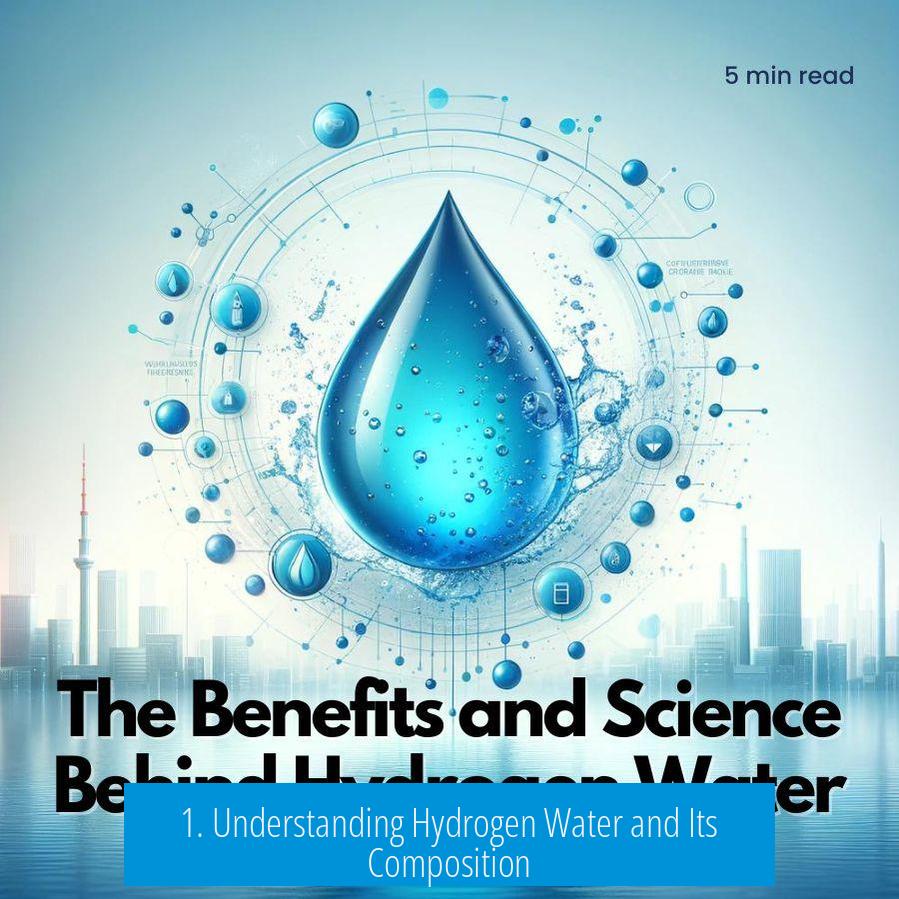
1.1 Molecular Hydrogen and Water Solubility
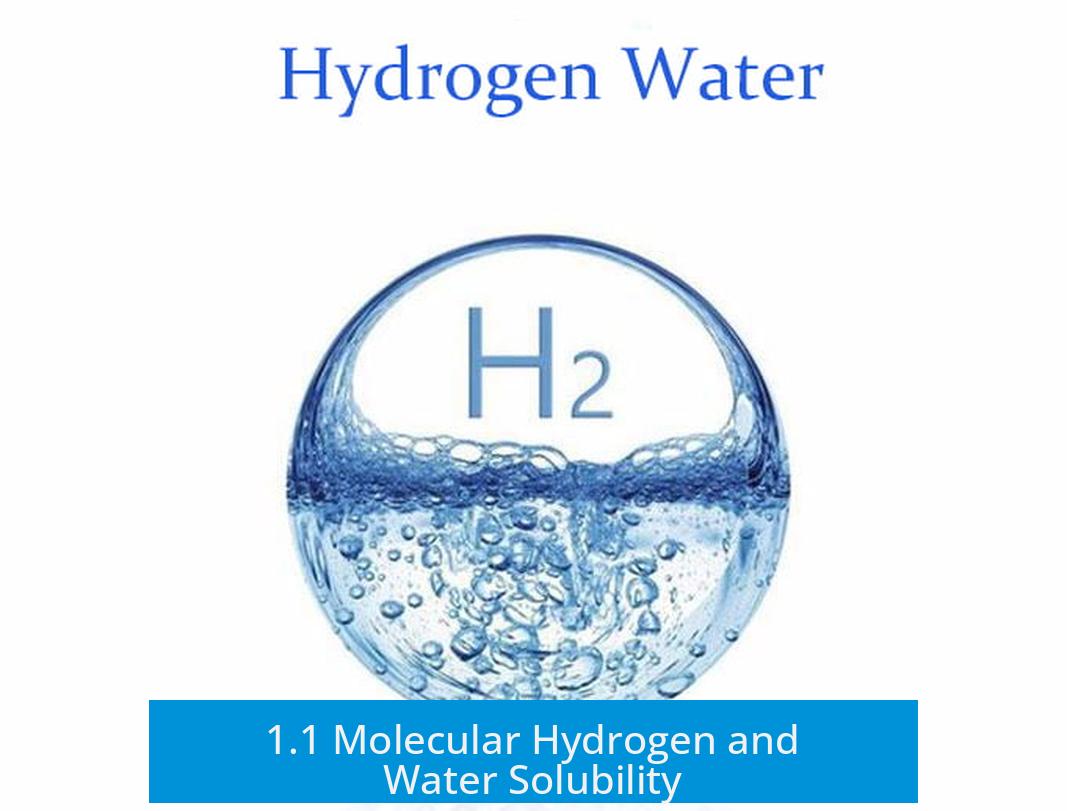
Water (H2O) is a polar molecule. Molecular hydrogen (H2), however, is non-polar and exhibits extremely low water solubility. This means hydrogen gas does not easily dissolve or remain dissolved in water under normal conditions.
Hydrogen gas molecules in water do not form chemical bonds with water molecules. Instead, they exist as free-floating gas bubbles or microbubbles, similar to how carbon dioxide behaves in carbonated water, but with an even lower solubility and faster escape rate.
1.2 How Hydrogen Is Infused into Water
- Hydrogen water is prepared by saturating water with molecular hydrogen gas under very high pressure to create a supersaturated solution.
- Electrolysis is often used to generate hydrogen in situ via the reaction: 2H2O → 2H2 + O2. Machines bubble hydrogen through water to increase dissolved concentrations.
- Despite infusion, hydrogen escapes quickly when the container is opened — often within minutes—due to the gas’s low solubility.
- Because of solubility limits, hydrogen concentration in commercial products is usually far below levels shown effective in scientific studies.
1.3 Misconceptions Regarding “Hydrogen Water”
The term “hydrogen water” is sometimes misused or misunderstood. For example:
- “Charged with hydrogen” can imply water contains H+ ions, which make water acidic; hydrogen gas (H2), in contrast, is neutral and non-acidic.
- Hydrogen water is not hydronium ion-rich (H3O+), which defines acidic solutions.
- It is distinct from alkaline water or water with added minerals.
- Some marketing conflates this with “carbonated water,” which contains CO2 rather than H2.
2. Scientific Studies and Health Effects of Hydrogen Water
2.1 Scientific Evidence and Skepticism
Research on hydrogen water’s health benefits is mixed. Although some publications in reputable journals explore molecular hydrogen’s biological role, direct evidence in humans lacks consensus.
- Many studies come from groups funded by manufacturers and may have conflicts of interest.
- Most human trials are small, preliminary, or observational.
- Some clinical reports use cautious language (“may,” “seem to show”) reflecting inconclusive results.
- Critics argue that marketing claims outpace the evidence.
2.2 Potential Positive Health Claims
Some studies suggest molecular hydrogen acts as an antioxidant by neutralizing reactive oxygen species (ROS). Reported benefits include:
- Reduced inflammation
- Improved metabolic parameters
- Neuroprotective effects in Parkinson’s disease models
- Increased antioxidant enzyme activities in animal models and cell cultures
Examples of referenced studies:
Some consumers report subjective improvements such as reduced pain, better mood, or lower blood pressure after consuming hydrogen water regularly, though placebo effects cannot be excluded.
3. Commercialization and Marketing Perspectives
3.1 Industry Criticism and Scam Allegations
The hydrogen water market faces broad skepticism. Various groups accuse manufacturers of misleading claims and overpromising benefits.
- Products are often priced significantly above standard bottled water or carbonated water.
- Independent testing sometimes finds hydrogen levels well below advertised amounts.
- Some companies may exaggerate scientific backing or use complex jargon to confuse consumers.
- Terms like “negative ion,” “charged hydrogen,” or “quantum energy” have little basis in chemistry and are used for marketing appeal.
- Critics compare hydrogen water marketing to prior trends like alkaline or “structured” water, labeling it “snake oil.”
3.2 Consumer Perception and Marketing Spin
Marketing often targets health-conscious consumers seeking new wellness products. Key points include:
- Visual representations include misleading molecular diagrams claiming special structures.
- Claims of “hundreds” or “thousands” of supporting studies without rigorous vetting.
- Use of buzzwords that imply scientific complexity but lack clear meaning.
- Reports of rapid hydrogen loss after opening are downplayed or omitted.
- Some companies impose high price points suggesting exclusivity and health value.
4. Chemical and Scientific Perspectives on Hydrogen Water
4.1 Chemistry of Molecular Hydrogen in Water
Water is highly polar, enabling strong intermolecular hydrogen bonding. Molecular hydrogen is non-polar and hydrophobic. Their interaction is limited to physical dissolution influenced by partial pressures and temperature.
Hydrogen solubility in pure water at room temperature is approximately 1.6 mg/L (about 1.6 ppm). This low solubility restricts the amount of hydrogen available in hydrogen water.
Unlike ions such as H+ or OH−, molecular hydrogen does not ionize or chemically modify water. Thus, hydrogen water differs significantly from acidic or alkaline water, which involve changes in H+ or OH− concentrations.
4.2 Complex Chemical Approaches to Increasing Hydrogen Solubility
Some advanced chemical methods explore increasing hydrogen concentration using solvent mixtures and chemical reactions, but these are unrelated to typical hydrogen water products. For example:
| Chemical Component | Role |
|---|---|
| Ethanol (40-70%) | Increases hydrogen solubility in the solvent mixture |
| Cyclohexyl-2-Propanone, Methylamine | Dissolvable solutes in ethanol-water mixture |
| Aluminum Galinstan Amalgam | Facilitates hydrogen generation |
| Palladium on Carbon Catalyst (Pd/C) | Assists in hydrogen addition and reaction catalysis |
| Formic Acid, Propionic Acid, etc. | Used in reduction and organic transformations producing hydrogen-rich mixtures |
These chemical processes are not part of consumer hydrogen water products and do not reflect typical hydrogen infusion methods.
5. Usage, Safety, and Practical Aspects
5.1 Handling and Consumption
Since hydrogen gas escapes rapidly, hydrogen water should be consumed soon after opening or production to obtain purported benefits. Extended storage reduces hydrogen concentration dramatically.
Hydrogen is flammable, so care should be taken if handling large volumes or in proximity to flames, though consumer amounts are minimal and generally safe.
5.2 Safety Concerns
- Hydrogen-rich water itself poses minimal direct safety risks due to low hydrogen concentrations.
- “Charged hydrogen” implying excess H+ ions can make water acidic, potentially irritating the throat and stomach if ingested in large amounts.
- Impurities from manufacturing or storage containers may introduce contaminants.
- Consumers should verify quality control and avoid products with unclear sourcing.
6. Anecdotal Reports and Additional Observations
6.1 User Experiences
Some consumers report improvements in symptoms such as joint pain relief, mood enhancement, and better blood pressure metrics after regular hydrogen water consumption. However, these are anecdotal reports lacking placebo-controlled evidence.
6.2 Other Scientific Observations
- Studies in plants indicate hydrogen water might stimulate faster growth rates.
- Hydrogen gas therapy complements other treatments like red light therapy in veterinary and athletic contexts.
- Nanobubble technologies are sometimes discussed, noting ultra-small gas bubbles may enhance gas retention in liquids.
- Confusions arise between “hydrogen water” and “heavy water” (D2O), which have distinct chemical and biological properties.
Key Takeaways
- Hydrogen water contains dissolved molecular hydrogen gas, which is poorly soluble and volatile in water.
- Preparation involves pressurizing or electrolyzing water to infuse hydrogen gas, but levels quickly decrease upon opening.
- Scientific studies suggest possible antioxidant and anti-inflammatory effects but remain preliminary, often with potential conflicts of interest.
- Numerous marketing claims outpace the science and sometimes misrepresent basic chemistry.
- Hydrogen water is chemically distinct from acidic or alkaline water despite confusing terminology.
- Consumers should approach hydrogen water products critically, considering solubility limits, safety, and study credibility.
- Hydrogen water is generally safe, but benefits beyond placebo require more rigorous, independent research.
What makes hydrogen water different from regular water?
Hydrogen water contains dissolved molecular hydrogen (H₂). Unlike regular water, hydrogen water is infused with extra hydrogen gas under pressure. However, hydrogen is not bound to water molecules and escapes quickly once opened.
Is there scientific evidence supporting health benefits of hydrogen water?
Some studies show potential health effects like reducing inflammation and improving blood pressure. Research is ongoing, and some results come from small or industry-linked studies. More independent research is needed for firm conclusions.
How is hydrogen water produced commercially?
It is made by bubbling hydrogen gas into water using electrolysis or high-pressure saturation. Because hydrogen is poorly soluble, the water must be consumed quickly before the gas escapes. Machines for making it vary in effectiveness.
Are health claims about hydrogen water reliable or just marketing hype?
Many claims are exaggerated or based on limited evidence. Some companies use misleading terms like “charged hydrogen” to sell products. Skepticism is advised due to possible marketing bias and scam-like practices.
Does hydrogen water have an acidic or alkaline nature?
Hydrogen gas itself is neutral and poorly soluble. Sometimes “charged with hydrogen” refers to H+ ions, which are acidic. True hydrogen water is not the same as acidic or alkaline waters marketed under different labels.


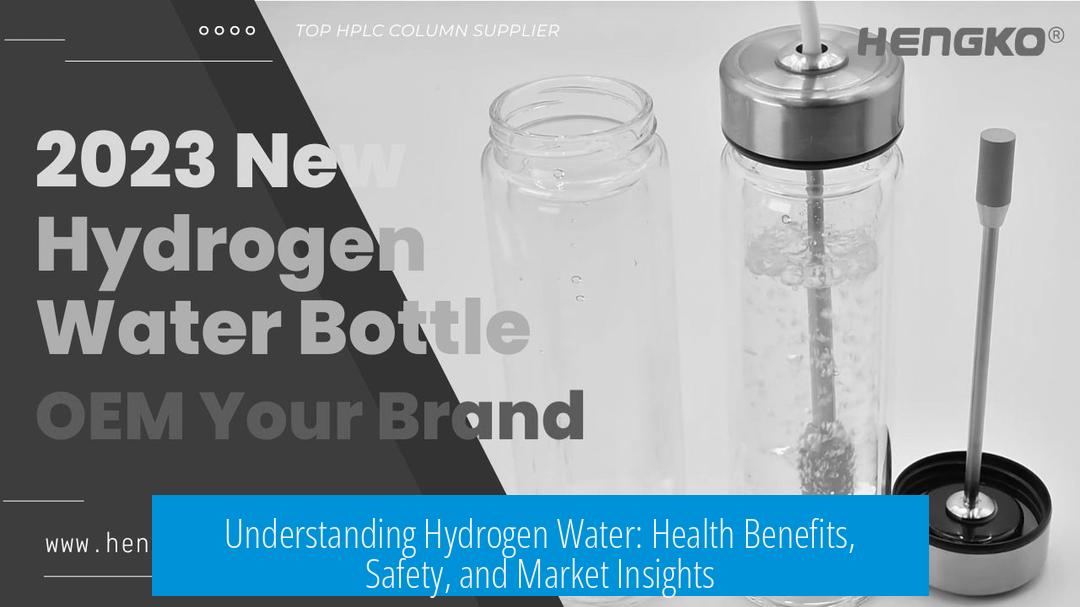
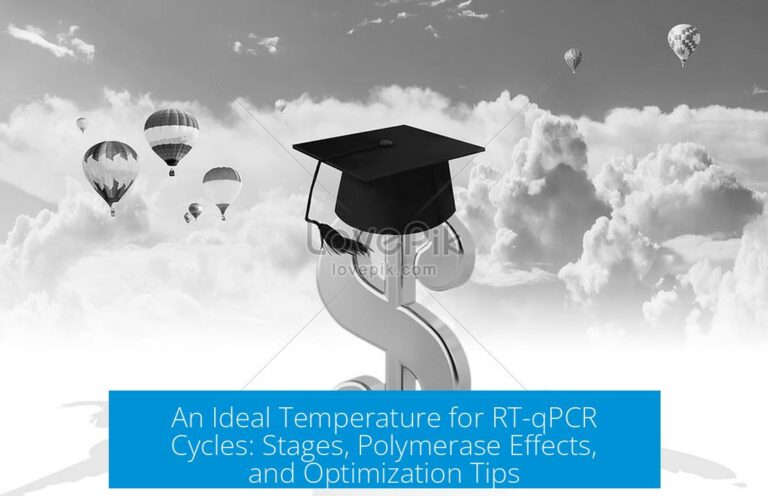
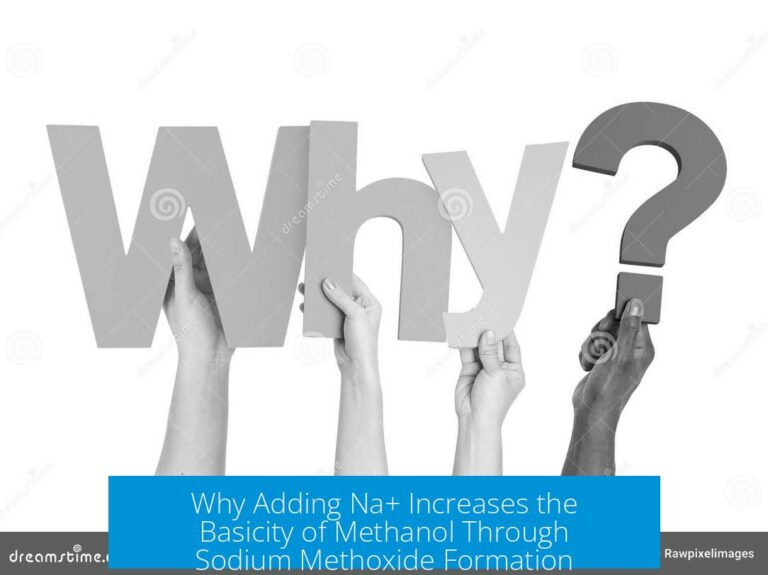
Leave a Comment